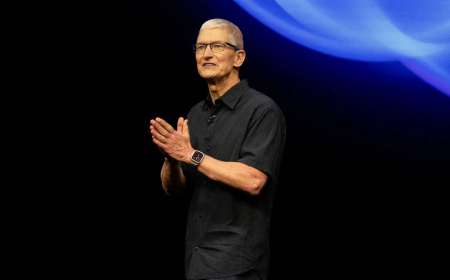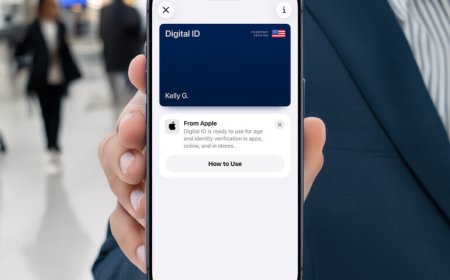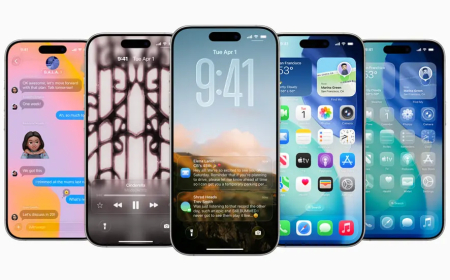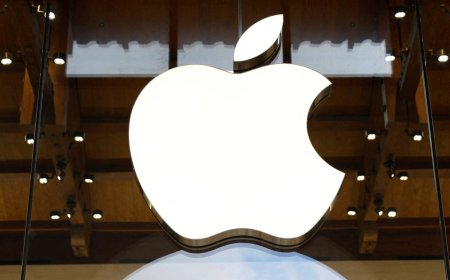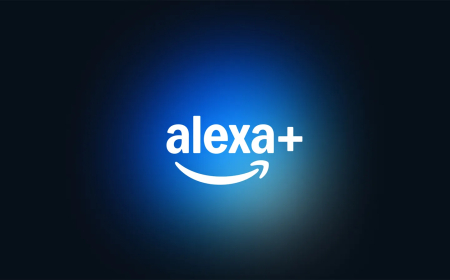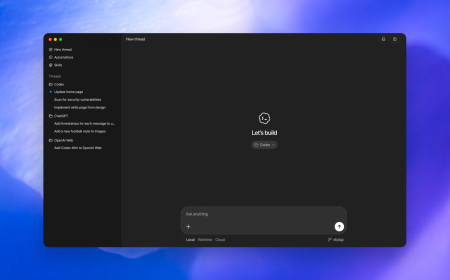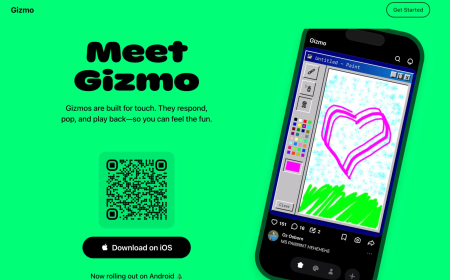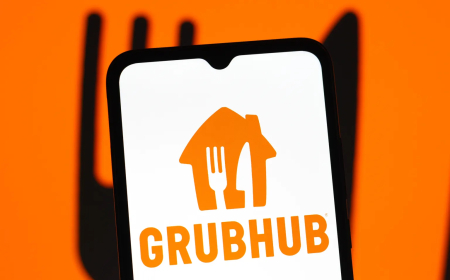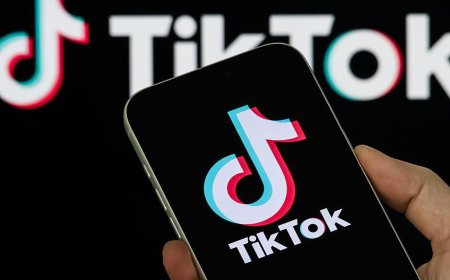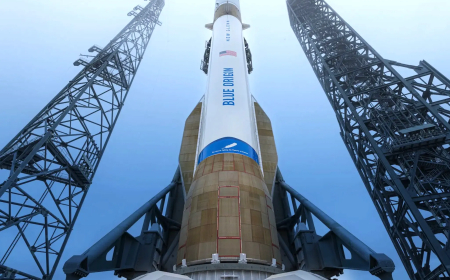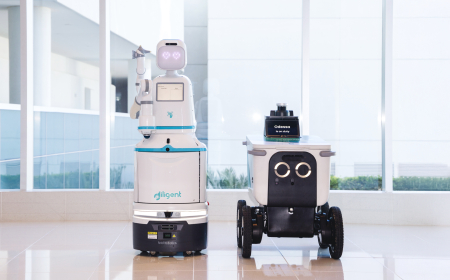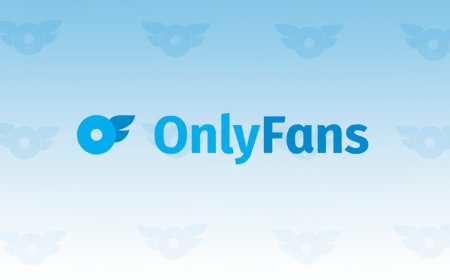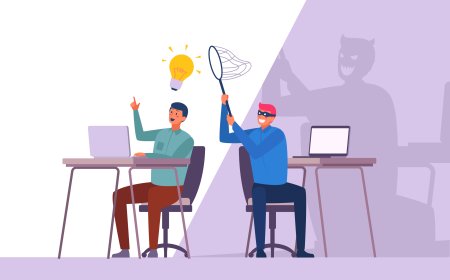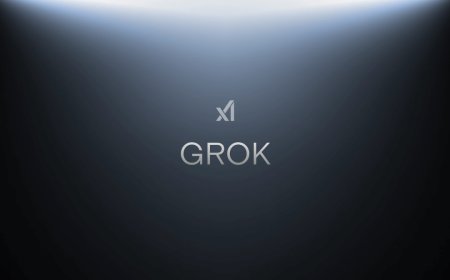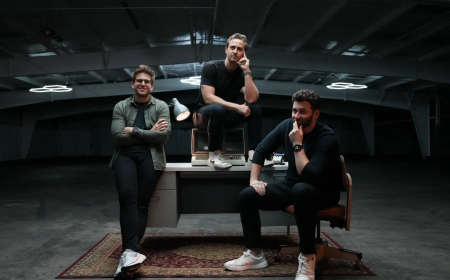Lovable says it’s nearing 8 million users as the year-old AI coding startup eyes more corporate employees
Lovable, the Stockholm-based AI coding platform founded by Anton Osika, has surpassed 8 million users and built 100,000 new products daily, redefining how people create software without coding skills.
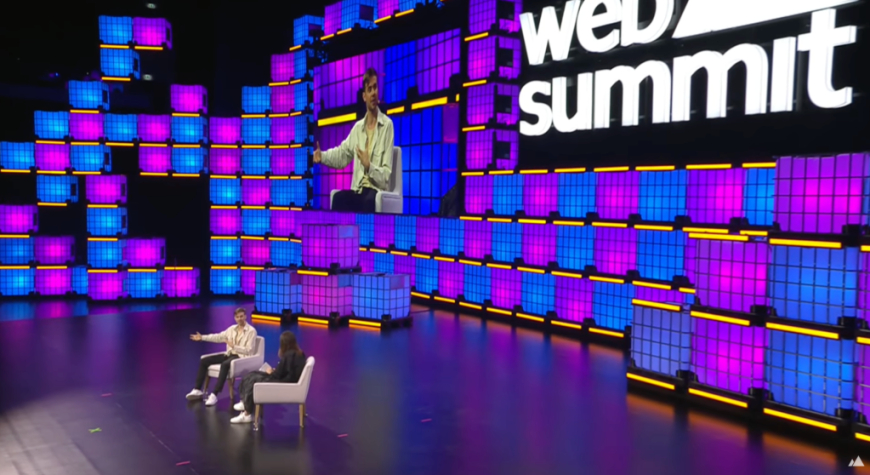
Stockholm-based AI startup Lovable is closing in on 8 million active users, CEO Anton Osika told TechAmerica.ai this week — a massive jump from 2.3 million users in July. The year-old company, which allows anyone to build apps and digital products using natural language prompts, is now seeing 100,000 new products created on Lovable every day.
The growth underscores Lovable’s rapid rise in the so-called “vibe coding” movement — a new generation of tools that enable non-developers to design, code, and launch software with the aid of AI. The startup has raised $228 million to date, including a $200 million Series B round this summer, which valued it at $1.8 billion.
Osika declined to discuss any new fundraising plans but confirmed that “we’re not capital constrained,” amid speculation of new investors eyeing a $5 billion valuation.
From Open Source Project to Billion-Dollar Platform
Lovable grew out of Osika’s viral open-source tool GPT Engineer, which auto-generated app code from text prompts. “A few days after releasing it, I realized we could reimagine how people build software,” Osika said during an interview at Web Summit in Lisbon.
Lovable’s appeal lies in its accessibility: users can describe an idea in plain language and instantly generate functioning web apps, internal tools, or prototypes. The company says over half of Fortune 500 firms now use Lovable to accelerate product experiments — but it’s also attracting kids and indie creators.
“An 11-year-old in Lisbon built a Facebook clone for his school,” Osika said. “And a Swedish duo made $700,000 in seven months from a startup they launched entirely on Lovable.”
Revenue, Retention, and the Vibe Coding Question
Lovable reached $100 million in annual recurring revenue (ARR) by June 2025, but the company has not updated that figure since.
Analysts at Barclays recently reported that traffic to several AI coding platforms — including Lovable and Vercel’s v0 — fell by around 40% since peaking in early 2025, raising questions about whether the vibe-coding boom has plateaued.
Osika dismissed those concerns, saying user retention and spending remain strong, with “more than 100% net dollar retention.” The company has just passed 100 employees and is recruiting leadership talent from San Francisco to strengthen its Stockholm base.
Security and Competition
Security remains one of the biggest concerns in the AI-development ecosystem. When asked about a recent incident involving leaked user data from an app built on vibe-coding tools, Osika said Lovable has since doubled its security engineering hires.
“Our goal is to make building with Lovable more secure than building with human-written code,” he said.
“Every deployment now runs multiple automated security checks.”
Lovable currently integrates models from OpenAI and Anthropic, which are also launching their own AI coding agents. Osika welcomed the competition:
“If more people can create and build businesses with AI, that should be celebrated — regardless of who does it.”
Culture Over Chaos
Despite Lovable’s explosive growth, Osika remains sceptical of Silicon Valley’s “grind” ethos.
“The best people on my team have kids,” he said. “They care deeply about what we’re building, but they’re not working 12 hours a day, six days a week — even if, as a startup, they probably work more than most jobs.”
His focus, he said, is on building “the most intuitive experience for humans” — or what he calls the last piece of software: a platform that can handle everything from idea to deployment.
“Demo, don’t memo,” Osika added. “People shouldn’t be writing decks — they should be creating.”
What's Your Reaction?
 Like
0
Like
0
 Dislike
0
Dislike
0
 Love
0
Love
0
 Funny
0
Funny
0
 Angry
0
Angry
0
 Sad
0
Sad
0
 Wow
0
Wow
0





